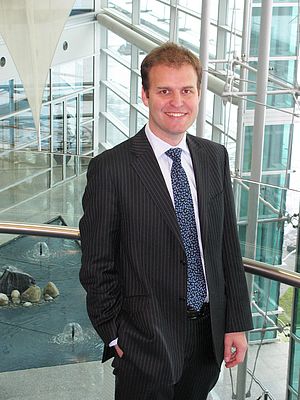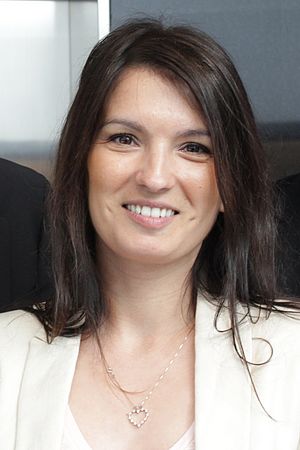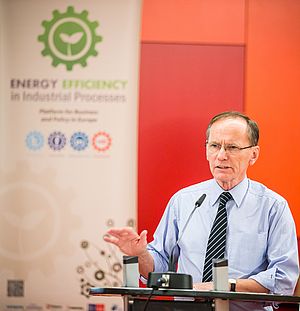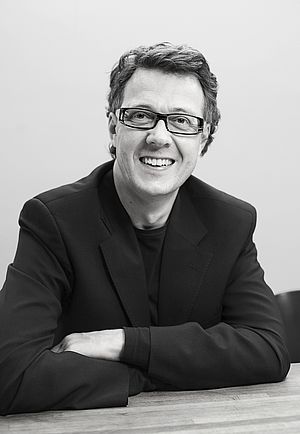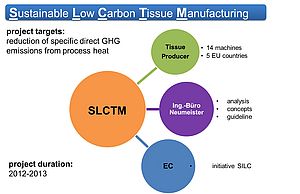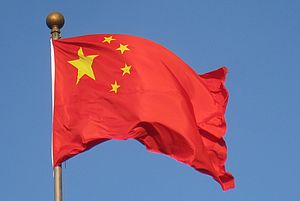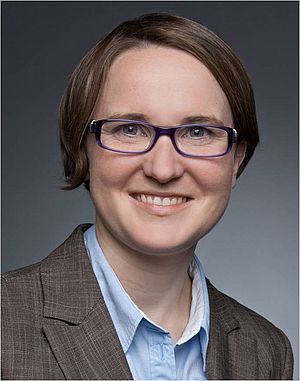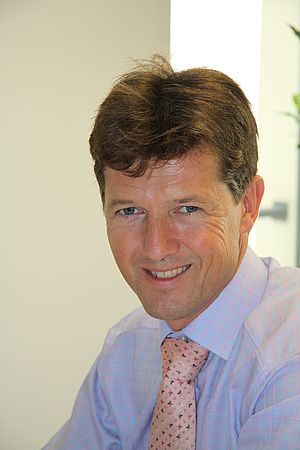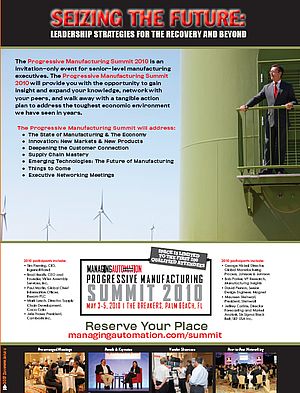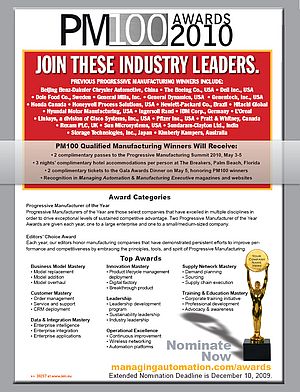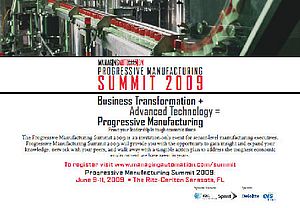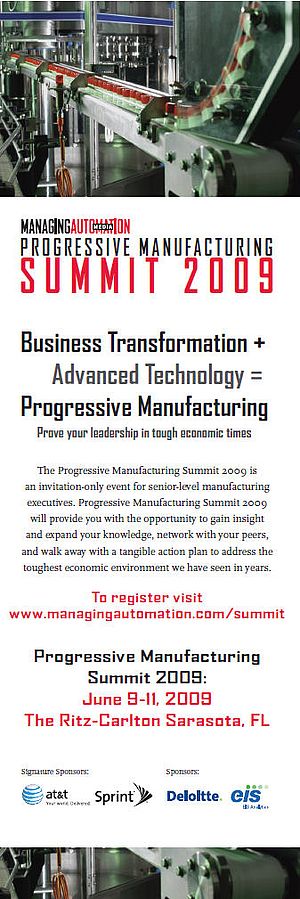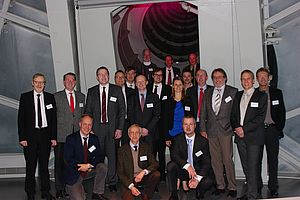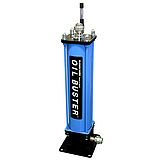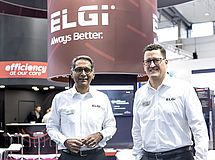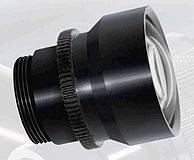The financial crisis has exposed a lot of weaknesses in the European economy. Europe is still a major economic driver globally but it is stuttering. When these problems will be solved is hard to say. There are some steps forward and some steps back. But there are good signs that should give us heart.
Yet, somehow the mood has changed in energy efficiency policy. The passing of the Energy Efficiency Directive marks a new beginning. Yes, it is weaker than many had wanted but it sets out a foundation that can be built upon. More importantly, the European Commission is showing a commitment to actually implementing the Directive in a manner more pro-active and enthusiastic than in recent memory.
On issues related to industry, there will be mandatory energy audits for large companies. Whether this is the right approach is debatable. There will be increased emphasis on promoting energy management for small and medium sized enterprises. There is promotion of energy service companies and there is such as heat mapping to better understand the potential that cogeneration can play.
No, there is really no money but even there, there is a new attitude. The European Investment Bank is increasingly active in the area of energy efficiency. It also sees the importance of supporting SMEs. The Multi-annual Financing Facility will most likely ensure there are more funds that can be used for energy efficiency in the cohesion/structural funds.
There is a growing realisation that supporting increased energy efficiency in industry can improve competitiveness. And there is also greater realisation that Europe cannot neglect its industrial sector. At one point it was the motor of economic growth in Europe. That share has diminished woefully too much in many cases and there needs to be a re-think. The quality of the workforce and its infrastructure gives Europe an advantage that should not be neglected. This is fundamental as Europe’s industry prepares for increased competition globally. There is a pride in what Europe manufactures that should not be forgotten.
Yes, globalisation will continue. Europe will not have everything its own way. But it can take some things into its own hands. It can improve competitiveness through cost reduction and greater efficiency.
The EEIP Congress in Berlin in October was an eye opener. Top executives from companies and associations from 11 countries (including also from Australia and New Zealand) were not moaning about how the fates were against them. No, they were looking at solutions: technologies, financial tools and better implementation possibilities. There was no blame game. The Commission presented some positive policy support and there were very positive signs from the German Parliament. But it was the level of “positive-ness” that was so evident. People were discussion opportunities. Even in financing, the representative from one major energy efficiency investment fund was straightforward about the criteria they use for approving proposals and that they are open for business. With the right proposals, the money is there. And an excellent “story” about an energy recovery project at Finnfjord, the ferrosilicon producer in northern Norway, showed that with excellent teamwork, together with support from the national energy agency, things can happen. It now prides itself to be the world’s most energy-efficient ferrosilicon producer! There will be an invitation-only workshop there in mid-winter to showcase their results.
One cannot get over-excited: there are hard times and there will be more hard times ahead for the manufacturing sector and for the economy as a whole. There will be more restructuring. But there is more than a glimmer of hope.
At the EEIP Congress, it was said more than once that it is so important to get the players in the same room talking to each other, understanding their problems and their needs and their aspirations. There was a time when international bodies such as the European Commission or the International Energy Agency that industry – particularly large industry (SMEs have special problems) – could solve things themselves. No, they can’t. That does not mean there should be a “big brother” dictating every move. There is a need for a sustainable policy framework that gives the right signals to market actors and there is need for a greater respect and understanding about the concerns and context of the various actors.
EEIP has to be congratulated for bringing people together in a structured forum where people can talk honestly and openly, challenging others positions and yet in a non-confrontational, positive and constructive process. This in itself reflects best practice since it is that human dimension that will take Europe forward. Together.
As we look into the autumn sky, maybe the stars are aligning as they should.
By Rod Janssen, EiD and chairman of EEIP Finance Consortium
Industrial energy efficiency
- will it become a success story?
- by TIM Global Media BV
- November 19, 2012
- 215 views




